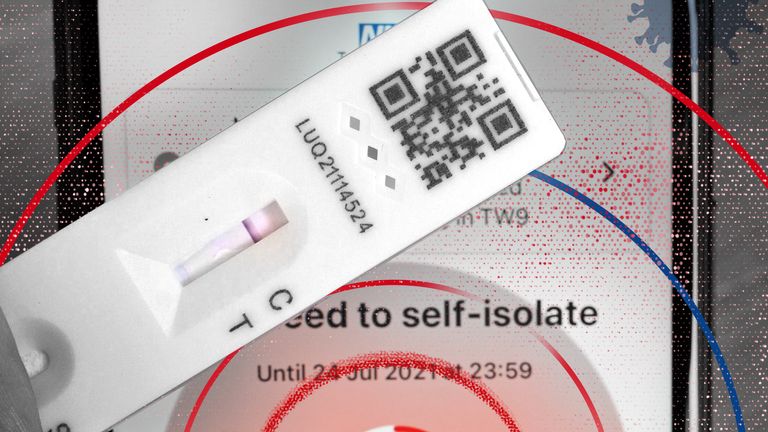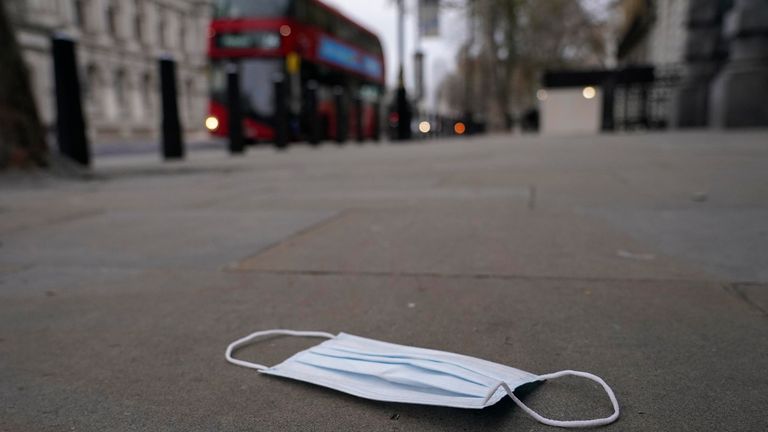The plan to end all legal COVID restrictions marks a key moment for everyone in England – but for Boris Johnson’s premiership too.
It puts the country at the forefront of learning to live with the disease which has wrought havoc on the world for the past couple of years.
Some say it is a dangerous move, with the potential for future variants and waning immunity storing up problems for months down the line.
But the mood of the country has shifted and, in general, most people are already getting on with life as it used to be.
For them, this is a bold step and one that is long overdue.
Masks have largely been abandoned, eating out and staying with friends and family feels normal again, booking foreign holidays doesn’t feel like you’re risking hundreds of pounds.
But for those who are immune-suppressed or who look after frail or elderly family and friends it is a different story.
They have long been more concerned about mixing in public spaces because the chance of COVID being a simple cold, so mild it is almost missed, is much slimmer for them.
Cancer patients whose immunity is wiped out by chemotherapy and those who are unable to take the vaccine, still live in fear of catching the disease.
Read more:
Self isolation rules should not be ditched, say experts
Ending free COVID testing ‘a mistake’, Sir Keir Starmer says
Even for those who are vaccinated and boosted, the symptoms can sometimes be serious.
There are, as yet, no special plans to account for these people when restrictions are lifted.
The prime minister hopes those who contract COVID will keep themselves away from others – and there are now better treatments – but in reality some may not.
The government isn’t suggesting COVID is no longer dangerous to some, but that it is time to readdress the balance of the risk.
Flu kills many people every year, some even die of noroviruses.
It is an unappealing admission, but not everyone can be protected from everything. Boris Johnson knows this.
Ending the need to self-isolate will mean businesses can start to plan more easily. Scrapping mass testing – not yet confirmed but likely at some point – may mean many of us with the mildest symptoms don’t even know we have the disease.
Some may never return to normal
But after years of restrictions, legal duties to isolate and, in the early days, images of people dying on ventilators, removing enforcements won’t be the end for some.
Many will take far longer to make the psychological leap needed to bin the masks for good and feel safe hugging people they’ve only just met. Some may never get back there.
But for businesses and others around the country, itching to grow and return fully to normal life, this week marks a big and exciting moment.
Mr Johnson knows this, and he’s counting on it to help carry him out of the depths of doubts over his leadership after weeks of frustration from his own side.


